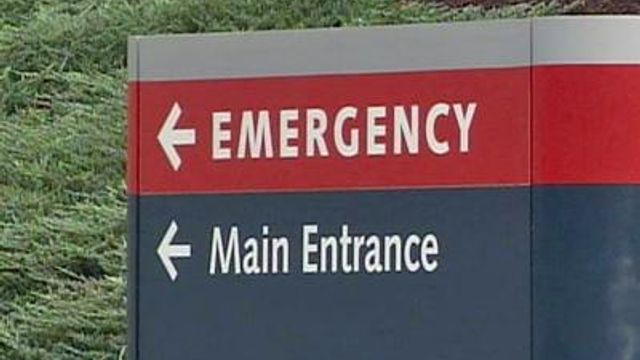Best stroke care isn't always at closest hospital
A stroke center has a protocol to streamline evaluation and treatment that a victim needs very quickly.
Posted — UpdatedMany of the 700,000 Americans who suffer a stroke each year know to get to a hospital quickly. But the closest hospital isn't always the best place for stroke care.
One late June afternoon, Nancy Cardello, 80, of Fuquay-Varina, was leaving her job at Wal-Mart in Holly Springs. She was near her car, and then, "Suddenly, I just fell to the ground slowly," she said.
Cardello thought she was fine as she got to her feet and rested back in the store.
"The girl I was working with at the entrance there, she asked me something, and I couldn't answer her," Cardello said.
Such sudden imbalance and loss of speech are among the symptoms of a stroke. Others include weakness in the face, weakness or numbness on one side of the body, sudden vision loss and a sudden headache of unknown cause.
Like a heart attack, a stroke requires a quick response to save a life and increase the chances of a full recovery. EMS workers are trained to get stroke patients to a stroke center – even it means passing by other, closer hospitals.
"When they recognize a stroke, they often transport them to Wake County's only primary stroke center, which is WakeMed," Dr. Keith Hull, a neurologist at WakeMed, said.
Hull said a stroke center has a protocol to streamline patient evaluation and treatment.
Within three hours of the first symptoms, an infusion of a drug called TPA can clear a blood clot in the brain for the best chance of survival and recovery. Some hospitals offer newer catheter treatments, including a MERCI coil and Penumbra, which can extend the window of treatment.
Cardello had the TPA infusion, and soon after, her doctor checked in on her.
"And he had me ask a question, and then I had my voice back," Cardello said. She continues to take medication to prevent future strokes.
Other certified, regional stroke centers include Duke University Medical Center and UNC Hospitals in Chapel Hill.
• Credits
Copyright 2024 by Capitol Broadcasting Company. All rights reserved. This material may not be published, broadcast, rewritten or redistributed.





